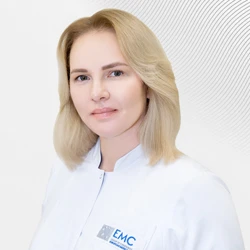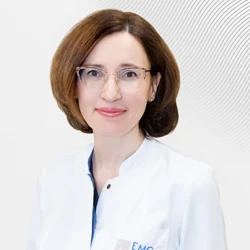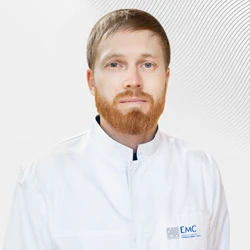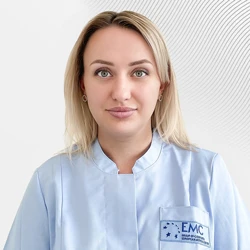How can we help children cope with the learning load? Why do teachers make the most comments to my child? Why does a child learn languages easily, but can't learn the multiplication table? In raising children, parents often face difficulties in learning, in mastering the skills that others seem to possess from birth. The answer "this is not given to my child" today is unlikely to satisfy any of the parents. Are there any ways to help children who find studying to be the most unpleasant thing in the world?
Modern science allows us to answer a large number of questions about human mental development thanks to numerous studies in the field of brain anatomy and neurophysiology. Despite the diversity of psychological personalities, the formation of mental abilities in the vast majority of people occurs according to the same laws and at the same stages of development over time. There are certain patterns in the development of children's mental activity and acceptable deviations from them. At the same time, there are known factors that can alter normal development and prevent the timely formation of important mental abilities. Today, it is possible to have a targeted impact on the mental development of a child, stimulate the development of necessary abilities, facilitate the assimilation of new information, and help adapt to a peer group.
Knowledge of the laws of mental development allows, on the one hand, to make fairly reliable predictions of what difficulties a child and his parents will face with the current pace and direction of development. On the other hand, it is necessary to prevent the emergence of new problems, to correct and stimulate the "necessary" mental processes in advance, to prepare the developing child's brain to assimilate new information and master new, optimal ways of interacting with the outside world.
By what means do neuropsychologists at the EMC Children's Clinic help children overcome behavioral and learning difficulties? Unlike other specialists, neuropsychologists do not work with specific manifestations of the ability to read, write or tie shoelaces, but with the most elementary links of mental functions, the "bricks" from which a person's mental abilities are built - for example, visual and auditory perception, attention, memory, movement control. The success of this approach largely depends on how accurately the weak links of the system of cognitive (cognitive) functions are identified at the initial stage and how accurately the tasks and content of classes are formulated.
Accumulated experience shows that even with pronounced delays in the formation of mental functions, the most effective approach to rehabilitation is to follow the logic of natural mental development. Therefore, in the classroom, the child performs specially individually selected motor and cognitive tasks in a strictly defined sequence – in accordance with the natural stages of formation of human mental functions in the early stages of development. It is movement, as the very first form of human interaction with the outside world, that is used during the rehabilitation course as a model on which a child forms and trains internal control mechanisms of his mental life. This approach to rehabilitation is also called psycho-motor rehabilitation. The language and logic of movements are so natural and understandable to the child that there is practically no need to create additional motivation for completing tasks. It is during the performance of motor exercises that the integration of sensory and motor processes is achieved, which is one of the most important goals of the rehabilitation process.
A wide range of effective behavioral techniques are used for neurocognitive rehabilitation. These are a variety of motor tasks, exercises with balls for training hand-eye coordination, fine control of movements and active attention management; various tasks with visual materials for training memory, selective attention, counting skills, sound-letter analysis. A set of tactile, breathing and oculomotor exercises is used to work with the so-called energy block of the brain. As a result of these exercises, the child learns the basic form of self–regulation - control over the level of general activity of the body to overcome the problems of rapid fatigue, difficulties in maintaining and concentrating attention. Finally, the block of tasks aimed at training the so-called executive functions is the most diverse and complex set of exercises that teach a child to plan, organize and perform a series of sequential actions, independently find solutions to atypical tasks, and choose optimal behavior strategies depending on the given conditions. It is no coincidence that these abilities are being actively developed in Russian and foreign schools today.
In modern conditions, when a person is forced to work simultaneously with several different streams of information, the effectiveness of the rehabilitation process cannot be achieved without the use of computer technology. The program of neurocognitive rehabilitation includes the implementation of computer game exercises developed for clinical use by leading foreign research centers. Such exercises are not only very attractive for children of any age.: The high computing speed, which is inaccessible to humans, makes the computer a unique tool for training various processes of perception, attention, control and flexibility.
In recent decades, biofeedback has become a recognized method of helping children with attention disorders, hyperactivity disorder, anxiety, tics and other disorders. During a BOS therapy session, brain activity is recorded using sensors on the child's head. At the same time, a certain sound or image changes on the monitor in front of the child, depending on the recorded on-line brain activity. Thus, the child involuntarily, playing a simple computer game, finds ways to change the mode of his brain, learns to manage his condition.
The neurocognitive rehabilitation program at our clinic is a comprehensive and effective approach to overcoming children's motor, cognitive, and psycho–emotional problems. Speech therapists, child psychotherapists, psychiatrists, and neurologists can participate in the rehabilitation process along with neuropsychologists. Experience shows that coordinated cooperation of specialists allows achieving good results in the shortest possible time.







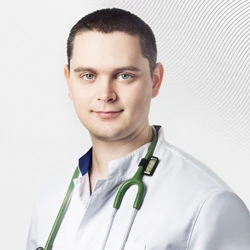
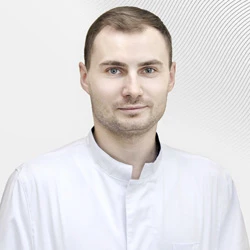
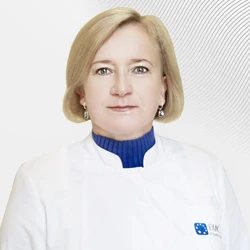
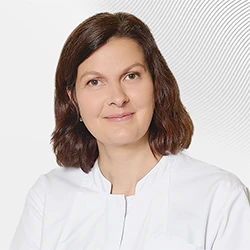
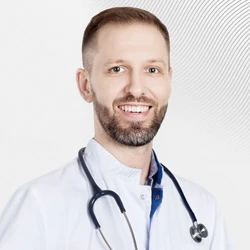

.webp)
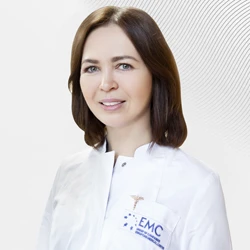



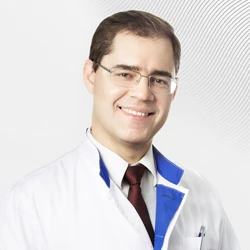
.webp)
